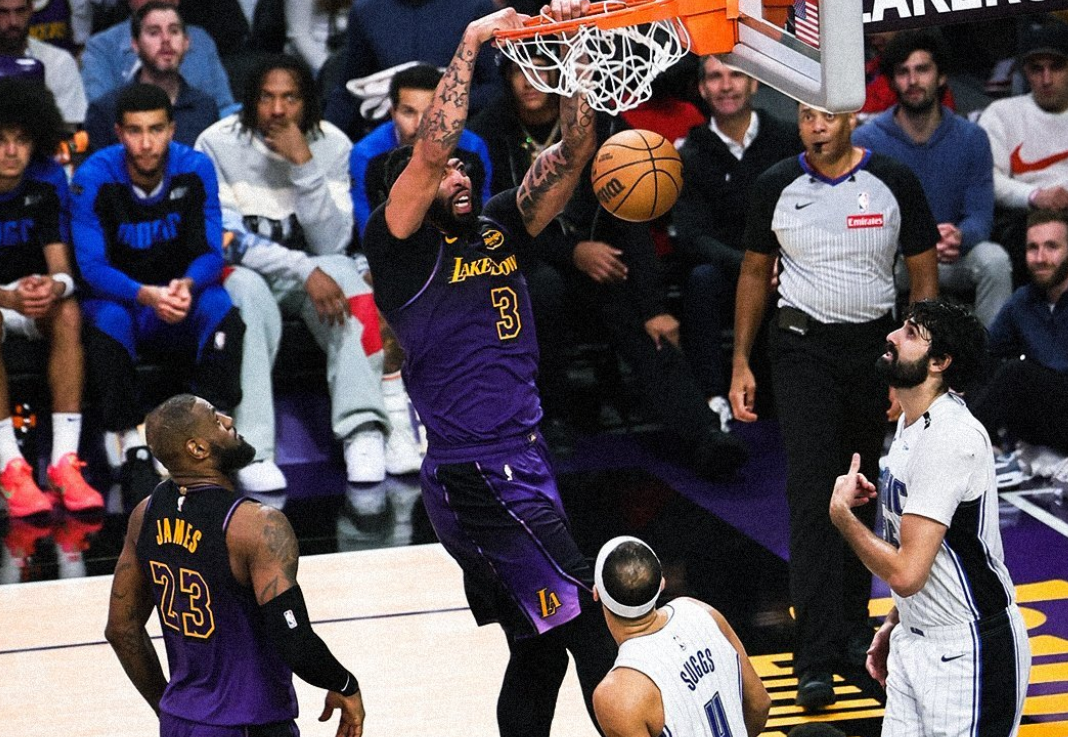The NBA regular season is nearing its halfway point, and the competition in the Western Conference has intensified to a white-hot degree. The top-ranked Thunder can be disregarded as they look down from above, while the bottom three teams - the Trail Blazers, Jazz, and Pelicans - are not worth considering as they focus on targeting the highly sought-after number one draft pick, Victor Wembanyama, for the upcoming summer. However, there is constant change among the middle-tier teams, particularly between the Mavericks and the Warriors, where an interval of just three wins has managed to squeeze in eight teams. The Mavericks face issues with injuries to their European duo, leaving them to pray that they don't drop out of the top ten before February, as it would be too difficult even if Doncic were to return. Although the Clippers have been hovering around the sixth and seventh spots, it's clear that Leonard has no intention of exerting himself during the regular season; in fact, his presence on the court seems to negatively impact the team's offensive and defensive efficiency.
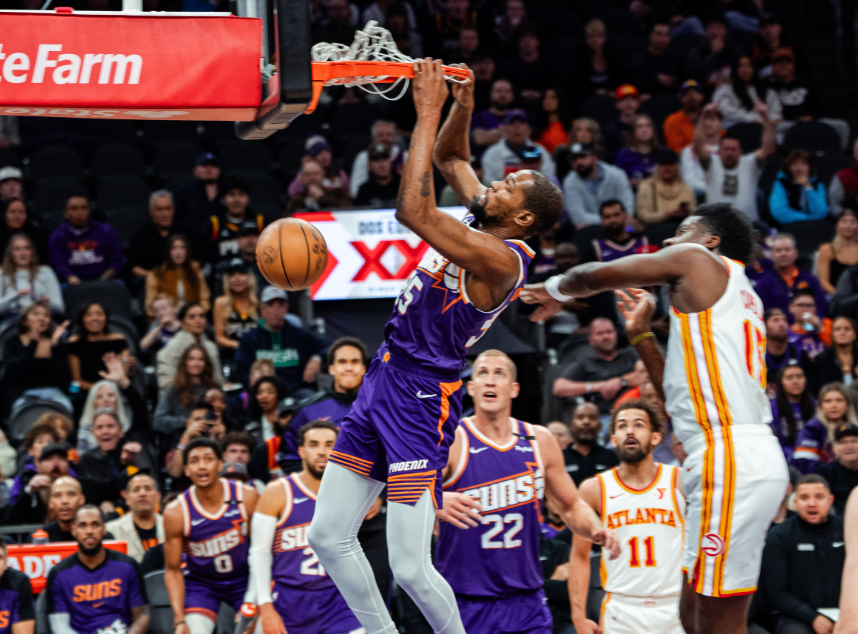
The Kings and Suns are both in a period of resurgence, but it's common knowledge that they are preparing for significant trades. The Kings are unable to retain Fox, while the Suns wish to trade away Beal, who, however, holds a veto power and is unwilling to leave Phoenix, creating a stalemate. As for the Warriors, their performance can be disregarded; they started with 12 wins and 3 losses, but then went on a downward spiral with 7 wins and 17 losses, akin to a rollercoaster ride in the stock market, soaring from 2600 points to 3600 points in a few days only to plummet back to 2700 points. Curry is indeed showing signs of age, with a steep decline in his performance this season, and the team should have rebuilt earlier. Among all this, another team is also in a dire situation: the Lakers. With a record of 20 wins and 17 losses this season, the Lakers appear to be doing well, but this is only superficial.
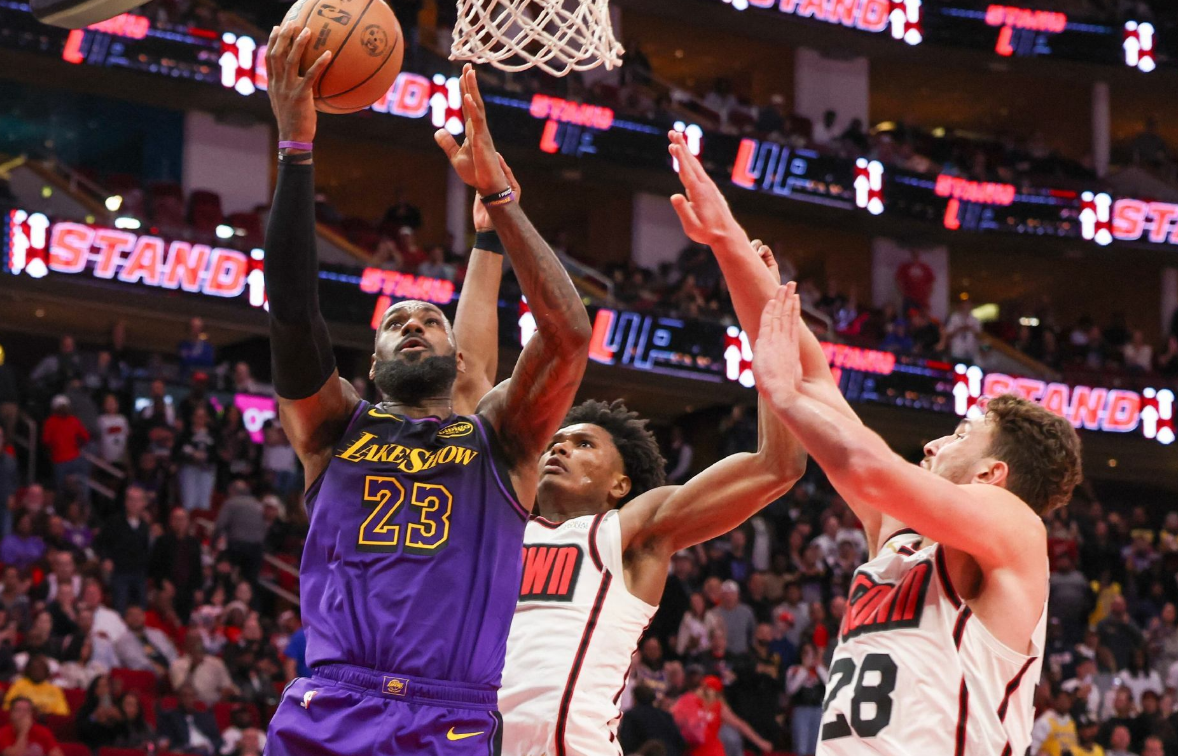
Let's start with the Lakers' recent performances. In the past three games, they have lost to the Rockets, the Mavericks (who were without their European duo), and the Spurs. Due to the Los Angeles wildfires, there was a six-day break between the two games against the Mavericks and the Spurs. Surprisingly, the Lakers' form remained consistent, losing by 21 points to the Mavericks (who were without their top players) and by 24 points to the Spurs. Both games followed a similar pattern: the Lakers played well in the first half, but in the third quarter, their opponents seized the momentum, neutralized the score difference, and in the fourth quarter, the Lakers crumbled completely! A columnist from Los Angeles directly criticized Redick: "The defensive strategy of having Davis retreat worked well, yet they insisted on implementing an endless switch defense, repeatedly allowing the opposition to force them into submission!"
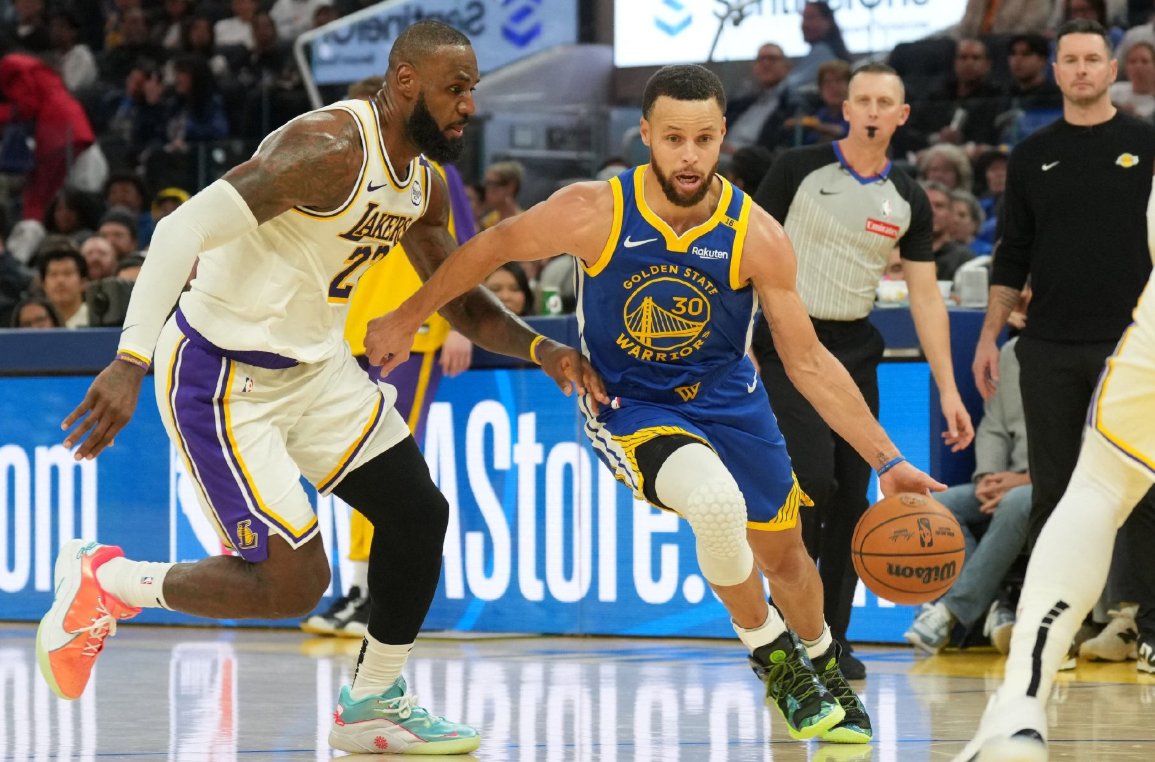
Since Russell was traded away from the Lakers, they have a record of 2 wins and 4 losses. When Russell was still with the team, Redick, like his predecessors Vogel and Ham, protected Davis by having him guard the basket while the other four players chased after the opponents. This approach proved effective, and the Lakers' defensive efficiency even rose to the top five in the league at one point. However, there is a significant and unsolvable problem: while the defense of Reeves, Christie, and Hachimura didn't change much, LeBron's physical condition couldn't keep up. A simple example is that in the two crushing defeats against the Mavericks and the Spurs, the Lakers started to collapse from the end of the third quarter when LeBron was leading the team, and in the early stages of the fourth quarter, they were hit by a small scoring run from their opponents. When LeBron's energy levels dropped, he made numerous turnovers!

The key issue is that sometimes LeBron genuinely feels helpless; when his teammates can't receive the ball, he can only shrug his shoulders in resignation. Fundamentally, it's unfair to blame James, considering he's 40 years old and maintaining an average of 24 points, 8 rebounds, and 9 assists per game is no easy feat. Therefore, Redick's endless switching defense essentially sacrifices Davis' defensive energy to minimize LeBron's defensive energy expenditure. However, the crux of the problem is that LeBron also exhibits a passive and tanking side. Let's take one statistic: in the ON-OFF value rankings this season, when LeBron is on the court versus when he's off, the difference in points per hundred possessions is -11.5, ranking fifth from the bottom in the league. To put it bluntly, the Lakers perform better by 11.5 points per hundred possessions when LeBron is not on the court compared to when he is.
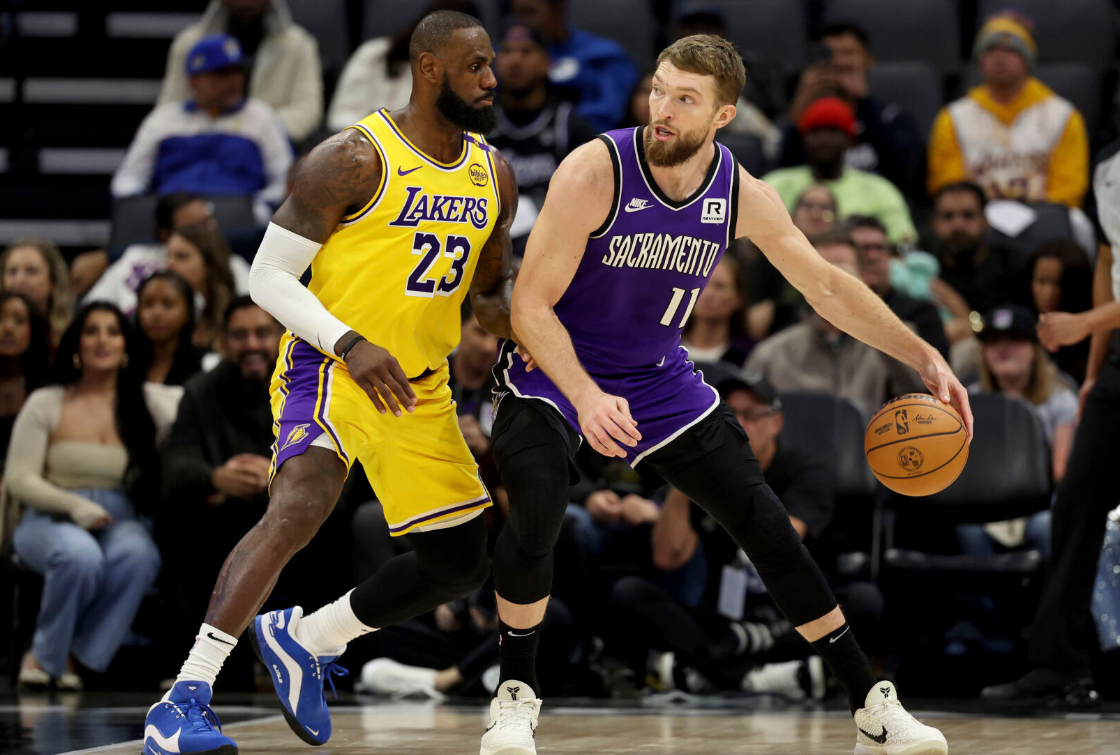
If we consider the defensive end to be a result of physical limitations, in many games this season, LeBron has been sending clear signals on the offensive end: the team needs more scoring options. For instance, in the two crushing defeats, LeBron had a combined total of 23 shots but made 9 turnovers. Even when Redick employed a defensive strategy that had Davis retreat, LeBron's scoring mostly stayed below 20 points. If LeBron doesn't finish plays during the transition phase, the Lakers essentially have no scoring options. But why, when the Lakers clearly have three first-round picks, do they not use them to strengthen the team? The Lakers are betting that it will be challenging for LeBron to lead them to a championship and are planning for the future; James, on the other hand, is demonstrating through his actions that the Lakers need continued reinforcement to remain competitive. It's not difficult to get James to score over 25 points, but the challenge lies in how to get him to commit fully.

What can be done? Essentially, the bargaining chips between James and the Lakers are all centered around Davis. The Lakers don't want Davis to play the four position; they want him to carry the offensive and defensive responsibilities. James believes that the James-Davis duo still possesses competitiveness and recalls saying that he enjoys playing basketball games with definitive outcomes. This contradiction is difficult to resolve because James is already 40 years old, and the Lakers were reluctant to let go two years ago, even more so this season! In reality, the one who should leave is Davis, whose value has been underestimated, and whose role has been diminished.
